An all in one business CRM includes CRM, Project Management, Invoicing and Payments, Inventory Tracking, Team Collaboration, and Business Analytics.
In today’s fast-paced business environment, using separate tools to manage customers, projects, and invoicing can slow your growth. That’s why more businesses are turning to all-in-one CRM (customer relationship management) systems. But what does an all in one business CRM actually include? Let’s show you!
6 Key Features Of An All in One Business CRM
Here are the six key features you should expect from a modern all-in-one CRM, and how they can streamline your operations from top to bottom.
Customer Relationship Management
At the heart of any CRM is the ability to manage and nurture customer relationships. With customer relationship management tools, you can:
- Store detailed customer and lead information
- Track every interaction (calls, emails, meetings)
- Manage sales pipelines and follow-ups
- Segment contacts for targeted outreach
This ensures your sales and support teams are always on the same page so they can deliver a consistent and personalized experience at every stage of the customer journey.
Read Also: Do I Need A CRM?
Project Tracking And Management
CRM may be an acronym for customer relationship management, but that’s not all it’s about. It also helps you stay on top of internal workflows and project progress. It has features like:
- Task assignment and deadlines
- Milestone tracking
- Kanban boards or Gantt charts
- Real-time project collaboration
This means no more scattered spreadsheets or missed deadlines. Everyone on your team knows who’s doing what and by when.
Invoice And Payment Processing
With built-in invoicing and payment tools, you can manage your financial transactions without leaving your CRM. Common features in an all in one business CRM include:
- Invoice creation and tracking
- Payment reminders
- Integration with payment gateways (Stripe, PayPal, etc.)
- Recurring billing and tax calculations
These help you speed up your cash flow, reduce errors, and get paid faster, all while keeping financial data tied to customer records.
Inventory Management
For businesses that sell physical products or manage stock, having inventory management inside your CRM is a game-changer. Key capabilities often include:
- Real-time inventory tracking
- Low-stock alerts
- Product catalog management
- Integration with eCommerce platforms
That way, you always know what’s in stock, what’s selling, and what needs reordering so you can avoid costly delays or stockouts.
Team Collaboration Tools
An effective all-in-one CRM promotes seamless team collaboration, even across departments or remote teams. It usually offers:
- Shared calendars and meeting scheduling
- Internal chat or messaging
- File sharing and document storage
- Activity feeds or mentions
With it, you can eliminate communication silos and ensure everyone is aligned on customer needs and project goals.
Comprehensive Data Reporting And Analytics
Data is only useful if you can understand it. That’s why top CRMs include powerful reporting tools that turn raw data into actionable insights. Expect features like:
- Customizable dashboards
- Sales and revenue reports
- Team performance metrics
- Customer behavior analytics
That means you can make smarter business decisions by seeing what’s working, what’s not, and where to focus your efforts.
Ready to Find the Right CRM for Your Business?
Whether you’re a small business owner or managing a growing team, investing in an all-in-one CRM can transform the way you work. Join the waitlist for the latest CRM in the business world!






